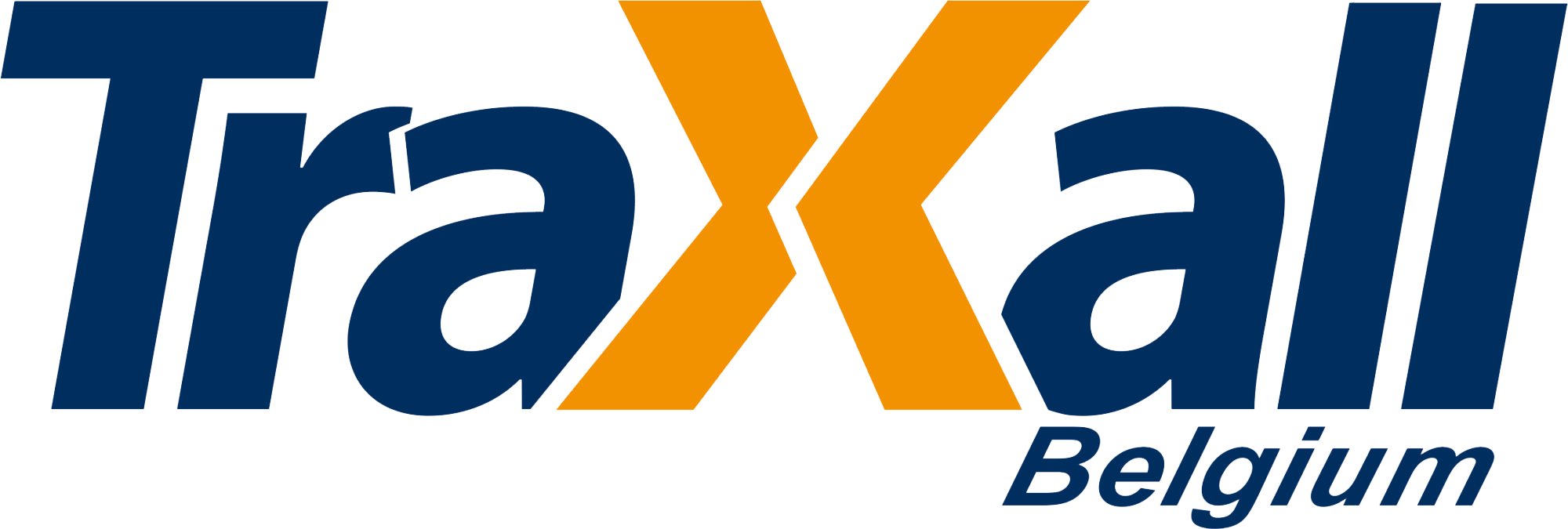Declining tax deductibility, rising carbon tax and increasing benefit in kind all add up to a huge cost increase for companies and their employees for all cars with CO2-emision. So it is really clear: the cost of doing nothing is incredibly high. So says Kurt Martens, head of Account Management at TraXall Belgium, in our new episode of TraXall TalX.
About greening and more sustainable fleets. And what to do as a company if I haven’t taken any steps.
Kurt Martens: “Realise what is happening around you and know what the impact is. We are in a changing world.
Let’s look at the market first. Since 2019, cars are getting more expensive. We’ve had WLTP, which has increased CO2 emissions and therefore increased fuel consumption. The public opinion has clearly changed, influenced by the climate protests, for example, which has created a certain reluctance among leasing companies for traditional cars.
And now, more recently, there was the Covid pandemic. We are now in a semiconductor crisis and the situation in Ukraine, leaving us with long delivery times, a lot of chaos, very expensive prices…. Very difficult. And that’s just the market.
Then we also have legislation. Since 2008, the Government has started to stimulate greening, but those were small steps. In 2020, the first big step was actually taken by the Michel Government. They said: we are going to link tax deductibility linearly to CO2 emissions. And that meant a price increase of about €60 per car per month. But that was only the first step. Now Minister Van Peteghem published his policy statement. And yes, I can’t hide it, but that really created panic in a lot of companies.”
About three high-impact domains
Kurt Martens: “Government has proactively developed a long-term strategy on company cars. Not just for the next year but for the coming years. There are three impacts.
The first is tax deductibility, where the Government is clearly pushing for electrification. For any vehicle with an emission, including plug-ins, that are ordered after 1 July 2023, the tax deductibility will be reduced to zero.
The second thing is the CO2 tax for all cars with emissions, including plug-ins, will be multiplied by a factor of 2 to 5.5.
And thirdly, there are the employees. Every year when there are more electric cars, the CO2 reference will drop, meaning that the benefit in kind is going to rise further for employees with a traditional car.
In the last two years, we have seen a 10 per cent increase. That’s obviously going to go up. And those different elements mean that there is a huge cost increase of 30-35 per cent for non-electric cars for companies. So, it’s quite clear: the cost of doing nothing is incredibly high.
Dare to jump
Kurt Martens: “the leasing price is not the defining factor, if you look at costs. Companies that still do that are missing the mark. That’s very clear.
You really need to look at all elements of costs: your leasing price, your fuel or energy cost, all possible taxations, costs of a charging station, but also tax deductibility.
And if you take all those things into account, then you look at the total cost or what we call: the full TCO, total cost of ownership.
But that total cost of ownership depends on the policy choices you make as a company in your car policy. Some examples. Are you going to provide charging stations at employee’s homes? Are your employees allowed to charge at fast chargers? That has an impact on the energy price you pay and the energy mix if you work with plug-ins. So, you have to think carefully about your policy. On top of that, you also have to think: What partners do you want to work with? How are you going to communicate? So, a lot of steps. I would say: dare to jump because the cost of doing nothing is too high.”
About the support of TraXall Belgium
Kurt Martens: “This reflection should not be underestimated. It’s time-consuming and intensive. But we are very happy to do that with our clients, because we see that as an investment in the future. And we are delighted that several customers have already taken those steps with us. They were also uncertain and afraid in the beginning. “Will our employees accept this?”
And what do we see once we have taken all those steps? As we look one year further and we have measured some things? In one year, we see average CO2 dropping by 20 grams. Tax deductibility increasing by 7-8 per cent. These are results we can be very proud of. I think we will see the change there too. 2021: just over half of the cars we ordered were electric or plug-ins. This year, we see the shift and looking forward it is clear that traditional cars are going to disappear almost completely. Plug-ins are going to be reduced, especially from July onwards. And electric cars are going to become more and more dominant.”
Consider the cost if you do nothing
Kurt Martens: “TraXall Belgium doesn’t have an agenda to push. So that means we can really put ourselves at the service of customers and focus on the customer. Looking at: What is your DNA? What is your employee mix? Are there any technical constraints?
My advice is to consider the cost if you do nothing. That is so high that it pushes you to change. But it’s also true that some customers want an intermediate solution. Maybe you have a field department that is not yet comfortable switching to electrification today. Then there are intermediate options. But for me it’s very important that as a company you consider the financial consequence of each step you are going to take so that you can make the correct decision.”
About how to address suspicion about an electric fleet among employees
Kurt Martens: “It’s no secret, we’re lagging behind when it comes to charging infrastructure, we all know that. But a second point that is very important is in Belgium, we have a maximum price for diesel, a maximum price for petrol and for electricity… we have nothing. So, if you charge somewhere, there is no transparency about the cost.
Then there are also people’s concerns: can I still go on a skiing holiday? Where will I charge? The most important thing as a company is to tell your employees the whole story and explain to them why you are taking these steps. You also have to explain: what is the consequence for you if we don’t take these steps? You might not get to Brussels or Antwerp anymore with the low-emission zones. Your benefit in kind will skyrocket.
And you also have to emphasise the positive things. Namely: what are we going to put in our mobility policy to give you that comfort? But also point out to them how the ranges of cars are increasing and that fast chargers are being installed everywhere along motorways, including to holiday destinations. And that the Government is requiring both companies and individuals to install charging stations in new buildings.
It is a changing market and we have to take those steps anyway.”
Our experts will be happy to help you.
Traxall Belgium accompanies your company from start to finish as a neutral partner. We give objective facts and help you make the right decision.
Would you like to know more about TraXall and what we can do for you? Then get in touch with us.

